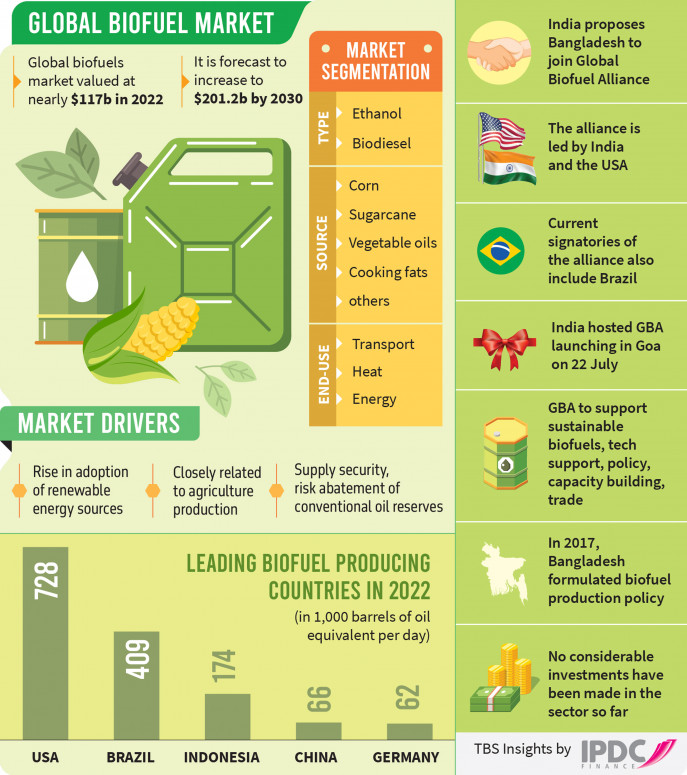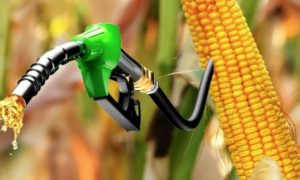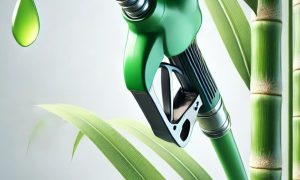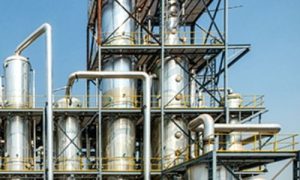Bangladesh considers joining Global Biofuel Alliance led by India, USA

According to Energy Division officials, Bangladesh is currently reviewing India’s proposal. It is expected that there may be a bilateral discussion on this issue during Prime Minister Sheikh Hasina’s visit to India on 8 September.
Experts say Bangladesh is not a member of any global alliance led by the United States. If Bangladesh joins the Global Biofuel Alliance, it would be the first such alliance that will facilitate close interactions between the two countries on common grounds.
As the current relationship between Bangladesh and the United States is strained, by participating in this alliance, there may be opportunities to foster improved relations through discussions on various issues, they added.
On Tuesday, after the ninth US-Bangladesh Security Dialogue, Foreign Secretary Masud Bin Momen told reporters that US representatives have consistently stressed the importance of regular exchanges of views between the two countries.
“They [the USA] want to deepen the relationship with us in the future, in all aspects, including economic, political, and others. We have said our multifaceted relationship with the United States requires frequent meetings to avoid any gaps,” he added.
Experts say if there is a global alliance for biofuels, there should be no problem for Bangladesh to become a member.
Produced from biomass, biofuels can be used to replace fossil fuels in a variety of applications, including transportation, heating, and electricity generation. Biofuel is considered to be a renewable energy source.
In 2017, the government adopted a biofuel policy to blend bio-ethanol with petrol and octane at a 5% ratio or a level determined as acceptable by the government for use in vehicles.
The policy states considers imported maize grain, molasses, old newspapers, corn stalks, sugarcane bagasse, waste yarn and cotton, paddy straw, tree bark, vegetable waste, and scraps as raw materials for ethanol production.
To facilitate this initiative, the Energy and Mineral Resources Division formulated a plan for bio-ethanol production, plant establishment, and utilisation.
However, there has not been notable investment in this sector.
The proposal
According to sources, in May 2023, India’s Minister of Petroleum and Natural Gas Hardeep S Puri officially sent a letter on this matter to Bangladesh’s State Minister for Power, Energy, and Mineral Resources Nasrul Hamid.
On 22 July, India hosted the launching ceremony of the Global Biofuel Alliance in Goa.
More than a dozen countries participated at the event including Argentina, Bangladesh, Brazil, Canada, India, Italy, Kenya, Mauritius, Paraguay, Seychelles, the United Arab Emirates, Uganda and the United States. The heads of nine international organisations also took part in the event.
Ahead of the prime minister’s upcoming visit to India, on 7 August, the Energy and Mineral Division sent letters to various ministries seeking their views on India’s proposal to join the alliance as a founding member.
The Indian High Commission in Bangladesh has also sent a letter on the issue to the Prime Minister’s Office, foreign ministry and energy division.
A foundational document of the alliance is being negotiated by expert teams within the G20-Energy Transitions Working Group and the support of Bangladesh to sign the documents is sought, the letter said.
In a note verbale sent to Nasrul Hamid, the high commission said as the current G20 president, India seeks the endorsement of the grouping to the alliance and invites Bangladesh to be one of its founding members.
According to the GBA foundational document, the alliance will support the worldwide development and deployment of sustainable biofuels, offer technical support for national biofuels programmes, promote policy lessons-sharing and capacity-building exercises across the biofuels value chain, address and improve public perceptions, as well as enhancing global trade.
The GBA will encourage the exchange of best practices in effectively, economically, and sustainably utilising feedstock, securing supply and availability of sustainable biofuels.
The alliance will have a three-category membership structure bringing together member countries, partner organisations, and industries, as per the document.
The USA, Brazil and India account for a total of 85% of the global ethanol production with the US holding a 55% share followed by Brazil (27%) and India (3%).
The International Energy Agency estimates that the percentage mix of liquid and gaseous biofuels in liquid and gaseous fuels can grow from the current 1.6% up to 15.8% by 2050 in the net zero scenarios.
In India, currently, all fuel pumps sell 10% ethanol (E10) blended petrol. India achieved the target of 10% ethanol blending in petrol in June last year, ahead of the targeted timeline of November 2022. India now aims to roll out E20 petrol across the country by FY25-26.
What experts say?
Energy expert M Tamim told TBS that if a global alliance for biofuels exists, there should be no obstacle for Bangladesh to join. However, in such a scenario, Bangladesh would need to contribute in accordance with its capacity. It is essential for Bangladesh to ensure that biofuel production does not compromise its food security.
“Biofuel is typically derived from corn, and countries like Brazil and the US possess ample resources and capabilities for biofuel production. Given our limited agricultural land and land scarcity, there is limited potential for expanding biofuel production in our region,” he said.
“I am not sure whether global politics played a role in the establishment of the Global Biofuel Alliance. The USA consistently seeks ways to engage with BRICS nations, employing different approaches, such as financial agreements or military support. Notably, two of the three primary signatories of this alliance – India and Brazil – are BRICS members,” he added.
Former diplomat Touhid Hossain said considering the presence of countries like India and Brazil in the GBA, it would be beneficial for Bangladesh to become a member of this alliance.














